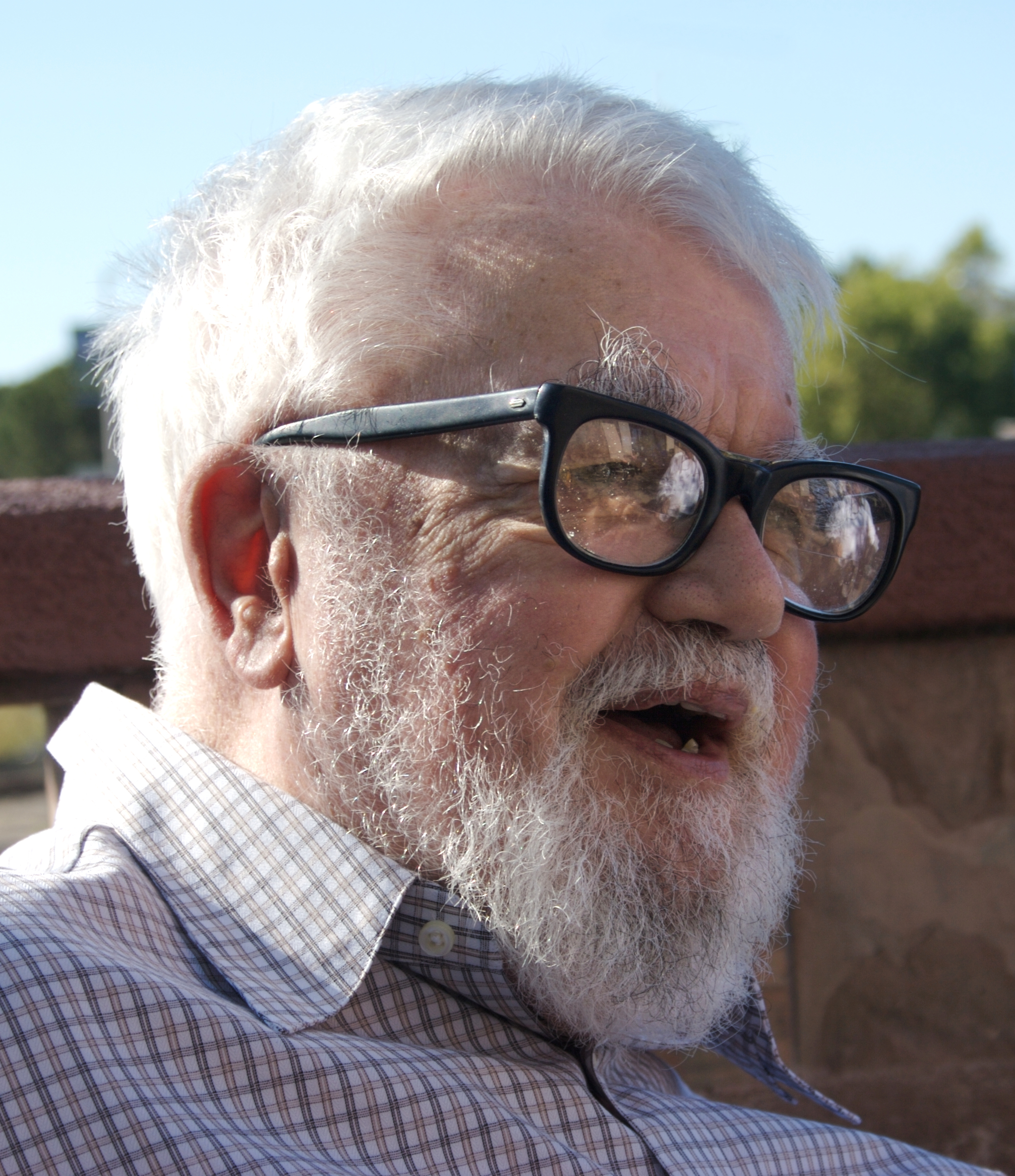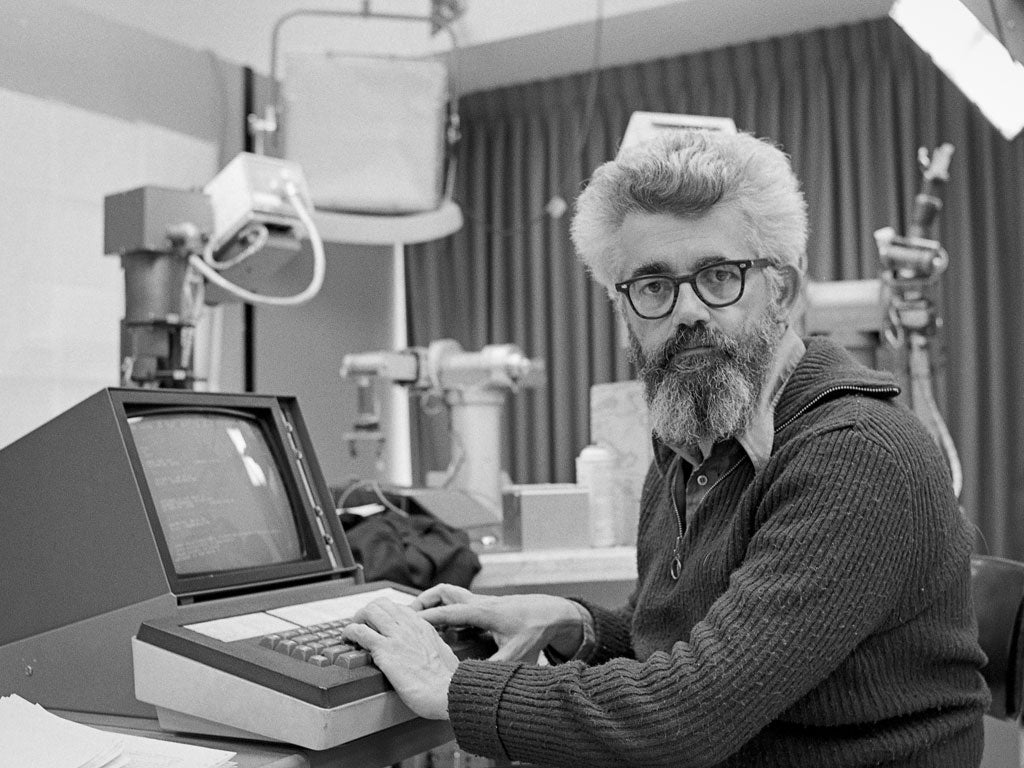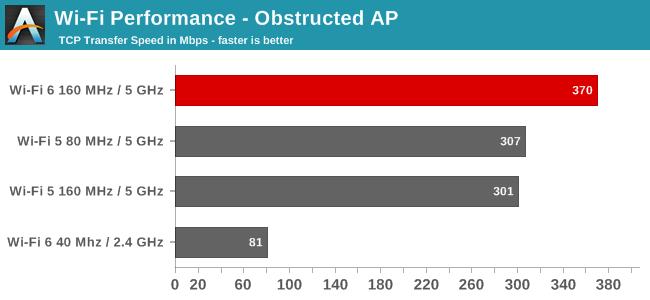Who Is The Father Of All AI?
The father of all Artificial Intelligence (AI) is considered to be John McCarthy, a computer scientist and cognitive scientist. He is credited with being the first to propose the concept of AI in 1956. McCarthy is also famous for his work on the Lisp programming language, which is still used in AI applications today. His work helped to shape the field of AI and he is widely considered to be the “father” of AI. He also wrote some of the earliest AI programs and was responsible for the creation of the first AI research center. He has been credited with helping to make AI a reality, and his work remains essential to the development of AI today.
What is AI?
Artificial Intelligence (AI) refers to a branch of computer science which aims to create machines that can think and act like humans. AI is the science of making computers and robots do intelligent things, like recognizing objects, understanding language, or reasoning. It is an interdisciplinary field, combining elements from mathematics, computer science, cognitive science, linguistics, and philosophy. AI has been around for decades, but the technology has recently experienced a surge in popularity. AI is now being used in a variety of applications, from healthcare to finance, and its potential for transforming industries is immense. But who is the father of all AI?
The answer to this question depends on who you ask. Many attribute the development of AI to the work of Alan Turing, an English mathematician and computer scientist who is widely considered to be the father of modern computing. Turing is credited with inventing the Turing Machine, an abstract computing device which is the foundation of modern computer science. Turing’s work laid the foundations for AI, providing a mathematical basis for understanding how computers could learn and think.
Other experts point to John McCarthy, an American computer scientist and cognitive scientist who is considered to be the founder of the field of Artificial Intelligence. McCarthy is credited with coining the term ‘artificial intelligence’ in 1955 and for developing the Lisp programming language, which is still used today in AI applications. His work in AI focused on developing algorithms and search techniques that could be used to solve problems.
In summary, the father of all AI is a matter of debate. Alan Turing and John McCarthy are both credited with developing the foundations of modern AI and each made significant contributions to the field. Ultimately, it is fair to say that without their pioneering work, modern AI would not exist.
The History of AI
Artificial Intelligence (AI) has been a subject of fascination for centuries. From the Greek myth of the golem, to the Turing Test, to the modern applications of AI, the development of this technology has been a long and winding road. But who is the father of all AI?
The answer is not so straightforward. AI is a complex field, and its development has been the result of the work of many individuals. One of the earliest pioneers was Alan Turing, an English mathematician, logician, and cryptanalyst. In 1950, Turing proposed the Turing Test, a test designed to determine whether a machine is capable of thought.
In the 1950s, John McCarthy, an American computer scientist, coined the term “Artificial Intelligence”. He is often referred to as the “Father of AI” for his pioneering work in the field. At the time, he was researching ways to create machines capable of solving problems and making decisions.
In the early 1960s, Marvin Minsky, an American cognitive scientist, developed the first AI programming language. This language, called LISP, was foundational in the development of AI. Minsky also invented the first neural network model for AI.
Other notable AI pioneers include Herbert Simon, who helped develop the theory of bounded rationality, and Seymour Papert, who developed the concept of the “learning machine”.
So who is the father of all AI? The answer is that there is no single father of AI. Instead, the technology has been the result of the contributions of many individuals working over a number of years. AI is a result of the collective work of numerous scientists, engineers, and computer scientists.
Major Pioneers of AI
In the world of artificial intelligence (AI), there are many major players who have shaped the field as we know it today. From Alan Turing’s pioneering work in the 1940s to the more recent successes of Google’s DeepMind, the father of all AI is a matter of debate. In this article we will explore the major pioneers of AI and look at their significant contributions to the field.
Alan Turing, often called the father of modern computer science, laid the groundwork for AI research with his seminal paper “Computing Machinery and Intelligence”, where he proposed a test to determine whether a machine is capable of thinking like a human. His work laid the foundation for a new field of study.
More recently, Marvin Minsky, an American cognitive scientist, helped popularize the concept of AI with his book “Perceptrons”. Minsky argued that the human brain is composed of many layers of interconnected neurons and can be replicated in machines.
John McCarthy, another pioneer of AI, is credited with coining the term “Artificial Intelligence”, and developed many of the algorithms used in modern AI systems. He also developed the programming language LISP, which is still used today in AI programming.
Google’s DeepMind, led by CEO Demis Hassabis, is another major player in the field of AI. DeepMind has achieved many successes in the past few years, such as beating the world’s best Go players, and is now working on a variety of other AI projects.
The father of all AI is a hotly contested title, and while each of the above-mentioned pioneers have made significant contributions to the field, there’s no single individual that can claim the title. However, it is clear that these major pioneers have shaped the field of AI as we know it today.

Breakthrough Contributions to AI
The field of Artificial Intelligence (AI) has come a long way since its beginnings in the 1950s. With the rapid advancements of today’s technology, AI has become an integral part of our lives. But who is the father of AI? Many people have contributed to the development of AI, but there are a few who stand out among the crowd.
One of the key contributors to AI is Alan Turing, an English mathematician and computer scientist. Turing is often credited as the father of computer science and is responsible for the Turing Test, which is used to determine whether a computer can think like a human. His contributions to AI include the development of the Turing Machine, which is an abstract computing device that is capable of solving any problem that can be described by a finite set of rules.
John McCarthy, a computer scientist and cognitive scientist, is also considered one of the fathers of AI. McCarthy is credited with coining the term “artificial intelligence” in 1956 and is responsible for introducing the concepts of computer programming and artificial intelligence to the world. His contributions to AI include the development of the Lisp programming language and the development of the first AI systems.
Marvin Minsky, a cognitive scientist and computer scientist, is another key contributor to AI. Minsky is credited with developing the field of AI and is responsible for introducing new concepts such as neural networks and machine learning. His contributions to AI include the development of the first AI systems, which included the use of robotics and natural language processing.
Finally, Yoshua Bengio, a computer scientist and AI researcher, is considered the father of deep learning. He is responsible for introducing the concept of deep learning into the field of AI and is credited with the development of the first deep learning algorithms. His contributions to AI include the development of the first deep learning applications.
The contributions of these pioneering figures have advanced the field of AI significantly, making it a major part of our lives today. Their work has enabled us to use AI in countless applications, from autonomous vehicles to virtual assistants. Without their contributions, the world of AI would not be what it is today.
The Impact of AI Today
AI technology is rapidly changing the way we live, work, and interact with each other. From healthcare to transportation, AI is transforming every sector of modern life. It’s no surprise then that the question of “Who is the father of AI?” is a popular one.
There is no single answer to the question of who is the father of AI, as the development of AI is the work of many researchers, engineers, and computer scientists. AI as a field emerged from the work of Alan Turing, an English mathematician and computer scientist, in the 1950s. Turing proposed a theoretical machine that could simulate human intelligence, an idea that would eventually lead to the development of the first AI programs.
Other key figures in the history of AI include Marvin Minsky, one of the founders of the field, and John McCarthy, who coined the term “artificial intelligence.” Over the years, AI researchers have also made significant contributions to the development of machine learning, neural networks, and natural language processing — all of which are crucial components of AI today.
Today, AI is everywhere, and it is changing the way we live. AI-powered solutions are being used to improve healthcare, transportation, and communication, and researchers are using AI to develop new ways to solve some of the world’s most complex problems. AI has even entered the realm of entertainment, with the development of AI-powered video games and virtual assistants.
So while there is no single “father of AI”, the contributions of the many researchers, engineers, and computer scientists who have worked on AI over the years have had a profound impact on the development of AI technology today.
The Future of AI
As we move into a new era of technology, Artificial Intelligence (AI) is becoming increasingly important in driving innovation and progress. AI is now used in many industries and sectors, from healthcare to finance, and is having a profound effect on how we interact with machines. But who can we thank for this incredible technology? Who is the father of AI?
The answer is British computer scientist Alan Turing, who laid the foundations for modern AI with his seminal 1936 paper “On Computable Numbers.” Turing’s paper proposed that computers could be used to solve complex problems, and this idea led to the development of the first AI algorithms. Through his work, Turing showed that machines could be used to make decisions and solve problems in ways that were previously impossible.
Today, AI is used in many applications and is having a profound impact on the way humans interact with technology. From facial recognition and natural language processing to autonomous vehicles and smart home devices, AI is transforming the way we live and work. So, the next time you are using an AI-powered application, take a moment to thank Alan Turing for his pioneering work in the field of Artificial Intelligence.
FAQs About the Who Is The Father Of All AI?
1. Who is the Father of All AI?
John McCarthy is widely considered to be the father of AI. He coined the term in 1955 and was a pioneer in the field of AI research. He made significant contributions to the development of AI algorithms and theories.
2. What were John McCarthy’s contributions to AI?
John McCarthy made significant contributions to the development of AI algorithms and theories. He developed the theoretical basis for AI, which includes problem solving, search, language understanding, and robotics. He also wrote the first AI programming language, LISP.
3. What is John McCarthy’s legacy?
John McCarthy’s legacy is the modern field of AI. His pioneering research and contributions to the field were instrumental in the progress and development of AI. He is remembered for his passion for AI and his tireless dedication to advancing the technology.
Conclusion
The father of Artificial Intelligence (AI) is often credited to Alan Turing, a British mathematician and computer scientist. His research in the 1940s and 1950s provided a foundation for the modern field of AI. Turing was the first to propose the concept of a machine that could think for itself, and his research laid the groundwork for the development of modern AI technologies. His legacy continues to be an inspiration for researchers and developers in the field of AI today.




